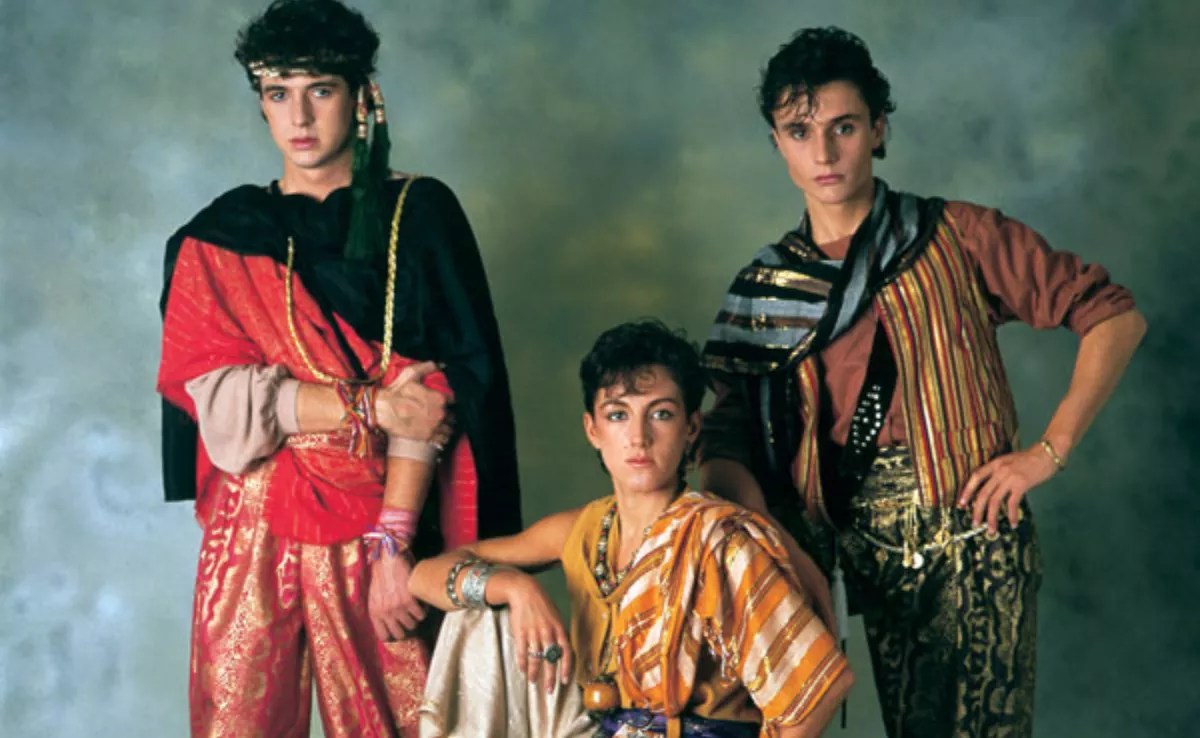
SANTA CRUZ DE TENERIFE, 25th May (EUROPA PRESS) –
Today in La Palma, Gabriel Mato, the MEP for the Popular Party and a candidate in the European elections, has stated that he will engage in discussions to secure an increase in financial aid from the Common Agricultural Policy (CAP) under the forthcoming financial framework of the European Union. This comes after successfully ensuring that the EU sustains the POSEI financial package. “The aim is to support Canarian farmers in coping with the additional expenses arising from the rise in input costs,” he declared.
“The significant increase in production costs is a stark reality in rural areas, particularly affecting the Canary Islands as well as other outermost regions of Europe. Many agricultural enterprises are struggling with rising expenses such as energy, transportation, and labour costs, alongside the global scenario influenced by the conflict in Ukraine,” detailed Gabriel Mato during a meeting with over 150 workers from the primary sector in La Palma.
During the gathering, the MEP from La Palma highlighted that Canarian agriculture is not only grappling with a sharp surge in production costs. “In addition to this challenge, we are also contending with the repercussions of the ongoing drought, which has already led to temporary restrictions in certain areas of the Canary Islands,” he added.
“Given this backdrop, we are fully committed to advocating for the increase in CAP aid, including POSEI, throughout the midterm review and discussions regarding the new EU financial framework set to extend until 2027,” he remarked.
“It won’t be a straightforward task, but our dedication to supporting Canarian agriculture is resolute,” emphasised Gabriel Mato, underscoring that the Popular Party “has consistently called for the European recognition and compensation for the vital role played by the primary sector, refraining from attributing blame to producers for environmental degradation and reducing the excessive bureaucratic burden faced by farmers in obtaining European assistance.
As explained by Gabriel Mato, “Within the European Popular Group, we have consistently opposed any European regulations related to the environment that castigate the primary sector since they fail to consider the essential balance between environmental conservation and the future of a sector crucial for food security.” “Farmers, fishermen, and ranchers have a vested interest in responsibly utilising natural resources, understanding that the sustainability of their livelihoods hinges upon it,” he highlighted.
The European parliamentarian and candidate in the forthcoming elections on 9th June underscored that a consequence of the “green regulations” is that producers “are compelled to spend entire weeks completing paperwork and adhering to the bureaucratic requirements demanded by these regulations.”
“Consequently, we are delighted to witness the initial outcomes of our endeavours in Europe, given that in recent weeks, the European Commission has unveiled a streamlining of bureaucratic processes that holds particular significance for productions covering less than 10 hectares,” he concluded.
















